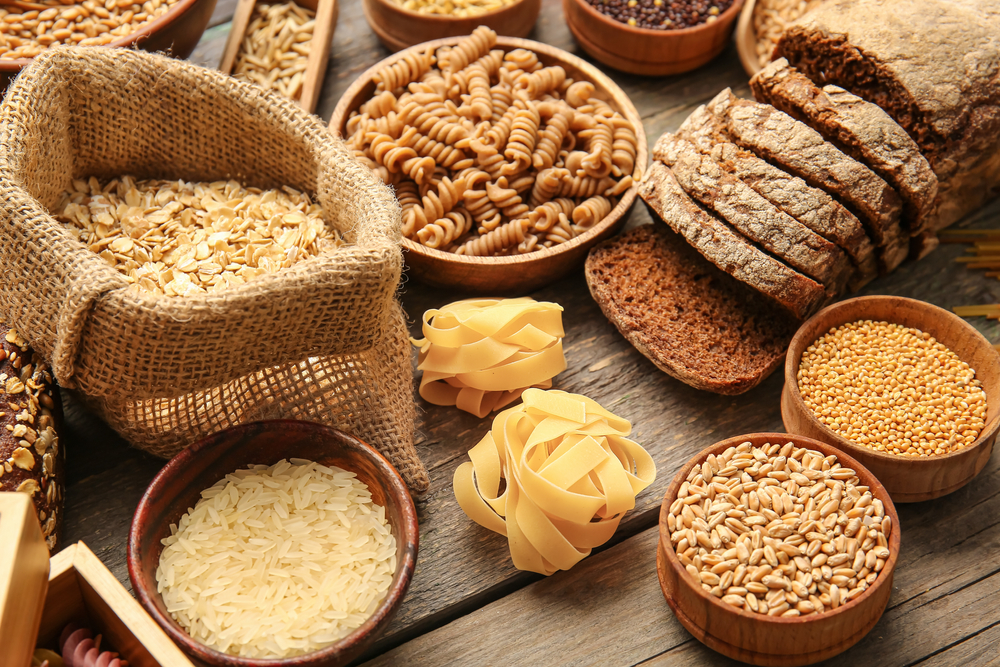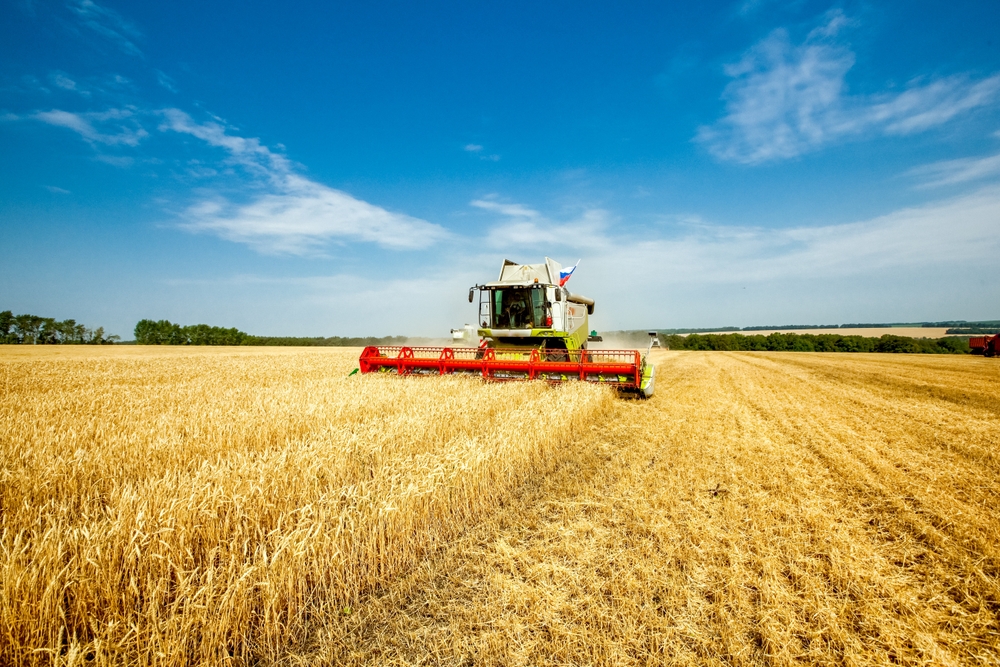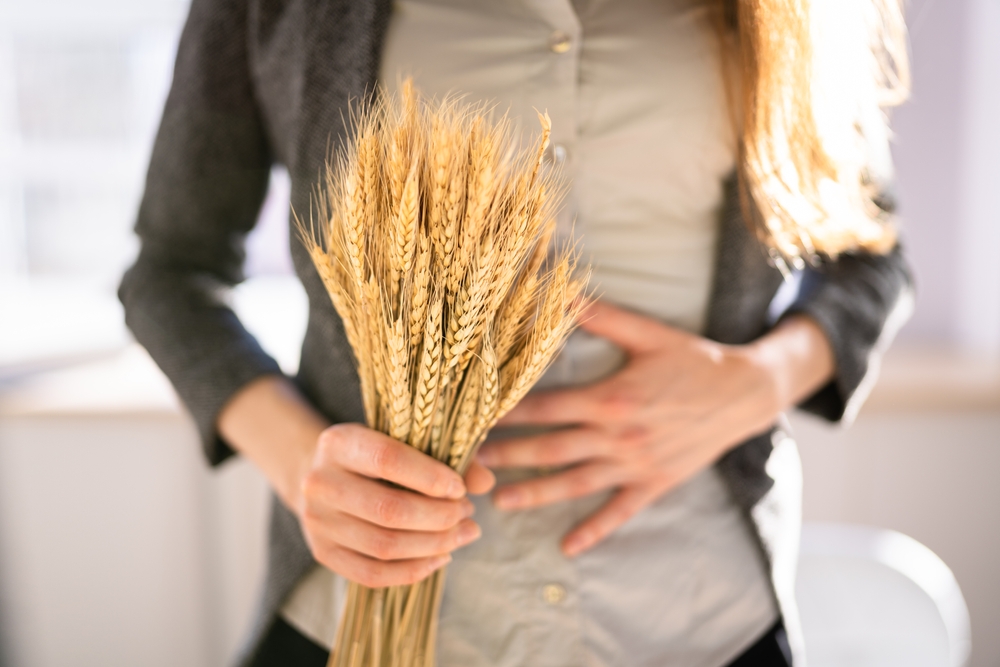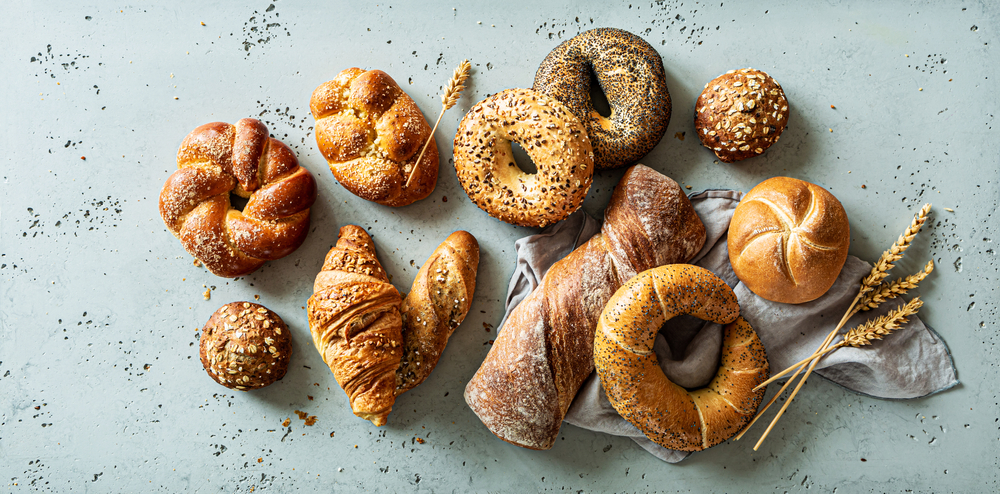A few years ago, the gluten-free diet really took the world by storm. Items like breads, pasta, and cereals went from being staple parts of most people’s diets to being demonized by the media and on the internet. All of a sudden, we went from being told that whole-grain wheat products were good for us to being told that we should never eat them again. Is gluten, something that people have been eating for thousands of years, really so bad? It turns out the answer is no – not for the majority of the population. Here are some myths and facts about the big, bad gluten.
What Is Gluten?

Gluten is a protein found in wheat products that provides structure. This is why it is easier to have airy, fluffy bread, cakes, and more with gluten-containing flour than it is with gluten-free flours. For the majority of people, gluten is a perfectly acceptable and even healthy item to have in your diet. It is only for those with celiac disease who can actually do serious damage to their health by eating gluten. This disease is not a food intolerance or allergy, rather, it is an autoimmune disease. Gluten triggers the body to launch an immune system attack on the cells of the lining of the small intestine, destroying it. People with Celiac Disease will often experience abdominal pain and bloating, fatigue, weight loss, and constipation. They do damage to their intestinal lining and tract by eating gluten and putting themselves at risk for many other diseases and illnesses. (1)
Read More: You Are Not Gluten Intolerant- You’re Glyphosate Intolerant?
Wheat allergies and sensitivities, however, are different things

For example, those sensitive to wheat can likely still eat other non-wheat gluten-containing foods without issues. Those with gluten sensitivity also likely don’t need to completely avoid all gluten as those with Celiac Disease do. These people simply need to be mindful of their intake – both frequency and quantity. If you don’t have an allergy or sensitivity to gluten, and of course, if you don’t have Celiac Disease, then gluten-containing products can be quite beneficial to your health. (2)
Myths About Gluten

There are many misconceptions and myths about gluten, Celiac disease, gluten allergies, and the gluten-free diet on the internet. It is important to clear up these myths and misconceptions, not only for your own personal health but also for the health and safety of people who actually do have Celiac Disease.
1. Gluten is Inherently Bad for You: FALSE

As already mentioned, gluten is only bad for you if you have Celiac Disease. In those cases, it triggers an autoimmune response that severely damages the small intestine. Not only does this cause pain and discomfort, but it also affects sufferers’ capacity to absorb vital nutrients and can cause other dangerous illnesses. If you don’t have this disease, however, then no – gluten-containing foods are not bad. Whole wheat, barley, rye, and other gluten-containing foods have plenty of important fiber and nutrients for your health. Wheat flour, in particular, is often fortified with certain vitamins and minerals that many gluten-free flours are not. (3)
2. Gluten Sensitivity is a Mild Form of Celiac Disease: FALSE

Again, Celiac disease is an autoimmune disorder. This is not the same as a sensitivity or even an allergy. Some of their symptoms can be the same, however, the responses to gluten in the body are completely different. It is also known as Non-celiac gluten sensitivity or NCGS. Doctors and scientists admit that they do not fully understand gluten sensitivity and what happens in the body when this is present. If you have gluten sensitivity, you will likely need to also follow a gluten-free diet. The difference, however, is yours will be much less strict. For example, you won’t have to worry about cross-contamination and certain food products with trace amounts of gluten in them.
While there are diagnostic tests for Celiac Disease, there are none for gluten sensitivity. Most doctors simply recommend that if you find that gluten causes you problems, stop eating it. That being said, if you are worried about Celiac Disease and want to get tested, you actually have to be eating gluten regularly before doing those tests.
Read More: “Gluten Sensitivity” May Not Actually Be Caused By Gluten
3. There’s a Gene for Celiac Disease: TRUE

There actually are two genes that people with Celiac Disease do have. That being said, about 40% of people have at least one of these genes, yet a very small percentage (only one or two percent) actually have Celiac Disease. Just because you have this gene doesn’t mean that you will develop Celiac.
4. Eating a Gluten-Free Diet is Healthier and You Will Lose Weight: FALSE

Yes, some people do lose weight by eating a gluten-free diet. But this has nothing to do with gluten. Rather, it is because they start eating better. They can no longer stop for pizza or most fast food on the way home. They start eating less processed foods and more fruits and vegetables. That being said, there are still plenty of unhealthy foods that are naturally gluten-free, not to mention there are plenty of gluten-free products that are full of fat and sugar. For example, potato chips and french fries are gluten-free (for chips, it does depend on the brand and flavorings used). There is an incredibly large number of products such as gluten-free brownies, cakes, cookies, and more available today. All of this is to say that simply cutting out gluten will not make you lose weight. Eating healthy and exercising will – and that can include gluten-containing products. (4)
5. Cutting Out Gluten Means Cutting Out Carbs: FALSE

There are plenty of gluten-free carbohydrate options available. Think potatoes, sweet potatoes, plantains, yucca, quinoa, corn, rice, and oats (there can be cross-contamination, so read your labels). These all have plenty of nutritional value and should be included in a healthy diet. Remember, your body and your brain need carbs in order to function properly.
The Bottom Line

It’s your diet, so it is your choice: If you decide that you don’t want to eat gluten, then don’t – just be sure to educate yourself first. Check what other products also contain gluten, like many sauces and spice mixes. If you are going to be cutting out several foods that you used to have as a staple in your diet, be sure you know how to replace them properly. This isn’t just switching a carb for a carb, but also looking into nutrients that those products may have been enhanced with that you are no longer getting from them. Finally, don’t rely on processed, prepackaged gluten-free foods. Those are expensive and not good for you. Instead, choose unprocessed whole foods, along with plenty of fruits and vegetables. That way, rather than simply cutting out gluten, you actually improve your overall diet. If you are cutting out gluten because you think you’re sensitive to it, but your symptoms don’t go away, go talk to your doctor. You may be mistaking gluten sensitivity for something else.
Read More: Important Facts You Need to Know About Gluten (and Celiac Disease)
Sources
- “Ditch the gluten, improve your health?” Harvard. Robert H. Shmerling, MD. April 14, 2022.
- “10 Celiac Disease and Gluten Myths Debunked.” Health Central. Erica Sanderson. September 25, 2018
- “9 Need-to-Know Myths and Facts About Gluten.” Everyday Health. Amy Gorin, MS, RDN
- “Myths and Facts About Going Gluten-Free.” WebMd. Sally Kuzemchak, MS, RD. August 12, 2022.

